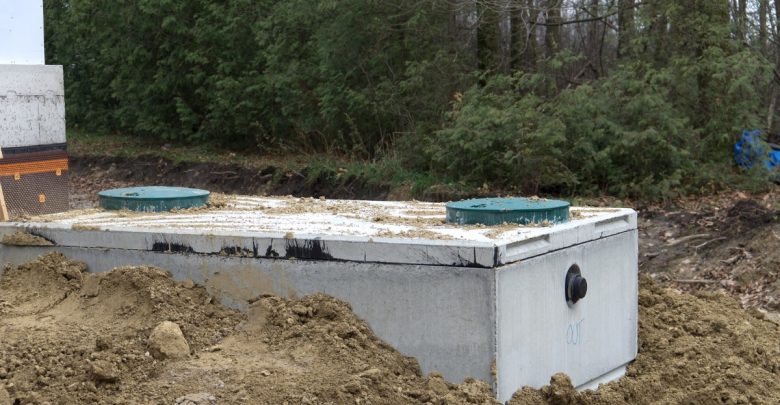Home
The Advantages of Regular Septic Tank Maintenance

Homeowners with a septic tank must be mindful of how much water they use and what goes down their drains. This is important for the health of their family, as well as the surrounding environment. Regular septic tank maintenance can prevent sewage backups, clogs, and other problems. It will also help keep your system running at peak performance.
Prevents Sewage Backups
Sewage backups are a significant concern for homeowners. They pose serious health risks to you and your family, and they can cause damage to your property. This is especially true if your home has a basement. A sewage backup in your basement can result in flooding and water damage to the flooring and walls. If your septic tank isn’t pumped regularly, it may become clogged or overflow. This problem usually occurs because the pipe between your house and the septic tank is clogged. This is a significant hazard and should be handled by a professional septic services company. Slow-draining sinks and bathtubs are a sign of a clog.
Prevents Clogs
When wastewater in a septic system does not go into the leach field properly, it can clog the tank or drain pipes. This means sewage water will return to your house or yard, creating foul odors and polluting the groundwater and soil. Regular septic tank maintenance can prevent these problems from occurring. Jetting and pumping your septic system regularly can help to clear clogs. A septic system is designed to break down solid waste through bacteria and enzymes. However, harsh chemicals and drain cleaners kill off these natural bacteria and can lead to a clogged tank or pipe.
Prevents Damage to Your Property
If you have a septic tank on your property, keep it well-maintained. Having it pumped and cleaned regularly will ensure it remains in good condition for as long as possible. The main reason for septic tank pumping is that it helps prevent sewage backups. A clogged or overflowing septic system can spill waste and water on your property, which can be dangerous. The septic system uses bacteria to break down the waste matter in the tank. The wastewater is pumped into a drain field, percolating into the ground.
Prevents Health Issues
In a healthy septic system, the waste from your home enters the tank and is filtered by weight, allowing solid waste to sink to the bottom and liquid waste to be released to the leach field. The waste is broken down by bacteria that live in the tank, which helps to keep the system healthy and functional. Chemicals and other substances you pour down the drain can kill the organisms that digest and treat household waste, disrupting the natural wastewater treatment process. Avoid putting grease, cooking oils, and coffee grounds down the drain, and don’t flush baby wipes, medications, and produce stickers down the toilet. These items can clog drains and block screens.
Prevents Environmental Issues
A poorly maintained septic system could introduce pathogens and pollutants into soil, groundwater, or surface water. This could make local water sources unsafe for drinking, swimming, and shellfish harvesting. This can also cause disease in humans and animals. To help prevent this, have your septic tank regularly inspected by a licensed contractor and follow their advice on how often to pump out the tank. The system treats waste material from your home by collecting wastewater and allowing it to sit in the septic tank until the bacteria break down the solids. Then the sludge is pumped out by a professional.






